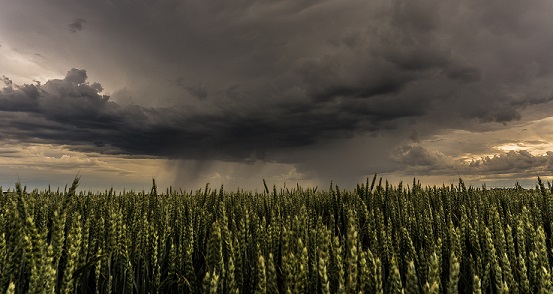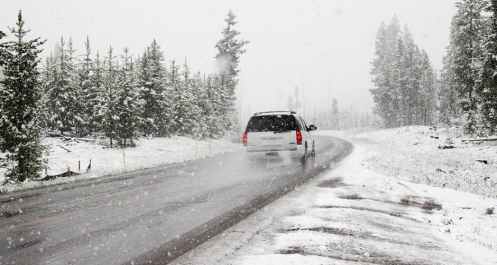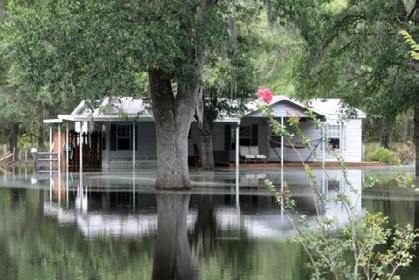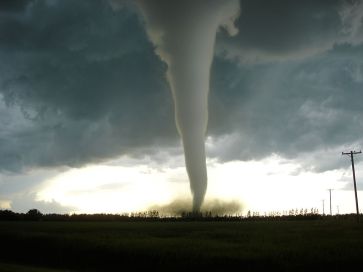
Did you know that 1 in 15 insured homes has a claim each year?
Yes, according to the Insurance Information Institute, it’s only a matter of time before it’s your turn to file a home insurance claim. Wind, hail, water damage, freezing, theft, fire and lightning are just a few of the common culprits. Now tack on the probability of a liability claim or lawsuit being filed against you or a family member, and the likelihood of your home insurance staying on the bench forever is slim.
Following is our handy checklist of to be sure your homeowners insurance policy adequately protects you. Review these with your family and your Trusted Choice® Independent Insurance Agent before you are the one with a claim.
- Know the difference between reconstruction cost and replacement cost. Your home’s reconstruction cost and its market value can vary significantly, especially if your home is older. Reconstruction cost is what it would cost to replace your house by rebuilding it completely at current prices. Market value is what someone is willing to pay for your home including the lot. The limit of insurance carried on your home should be based on its reconstruction cost.
- Check your limits at least annually. It’s estimated that 60% of homes are underinsured, most by at least 20%. Underinsured means exactly what you think it means: You will not be a happy camper if your home suffers major damage and must be reconstructed.
- Don’t forget about your possessions. Ensure that your personal property is covered on a replacement instead of actual cash value basis. Don’t underestimate how much you’ll miss that brand-spanking new couch, closet full of clothing or bicycle after they’re reduced to a charred mess by a fire!
- Improve your insurance if you improve your home. It’s estimated that Americans spend more than $200 billion on home improvements each year. To avoid underinsurance, make sure your home insurer knows about that kitchen or bathroom remodel or the new deck you just added.
- Take inventory. A digital inventory of your home will be your very best friend at claim time, and it will make your insurance adjuster happy, too. There are many resources available online to create a home inventory. We can’t overstate the importance of this one.
- Buy flood insurance. Flood damage is not covered by your home insurance policy. Repeat: If your home is flooded, your homeowners insurance will not cover the damage. You need flood insurance.
- Insure for the cost of required building code upgrades (such as upgraded electrical wiring) by verifying your policy’s ordinance or law coverage.
- Insure your “other structures.” Your Trusted Choice® Independent Insurance Agent can help you determine what other structures you own and ensure your coverage for them is adequate.
- Install a home security system, and tell your insurer about it. A home security system doesn’t have to cost a fortune: According to HomeAdvisor, the average system costs just under $700. Many systems qualify for a homeowners insurance rate credit and will save you a few bucks …bonus!
- Know your deductible, especially if it varies based on the type of damage. For example, your policy may have a $500 deductible for most losses but a much higher deductible for wind damage.
- You can raise your deductibles and save money. This is a tried and true way to cut the cost of your insurance, but only do it if you can handle the cost of the higher deductible.
- If it has a motor and a driver’s seat, ensure it separately. Why? Because coverage is probably limited in your home insurance policy. Talk to your Trusted Choice® Independent Insurance Agent about adequately insuring motorized vehicles — such as a riding mower, go-cart, golf cart, personal watercraft or even grandma’s mobility scooter.
- Check your limits of liability. Statistically, most home insurance claims are for property damage, but a liability claim can quickly ruin your family’s financial future. For example, a liability claim could result if a person is injured in your home. A basic liability limit (such as $300,000) is often easily increased to $1 million or more for little money.
- Review your personal umbrella insurance policy to ensure it will kick in if your home insurance policy is wiped out by a liability claim or won’t pay enough due to limited coverage. Wait … you don’t have a personal umbrella policy? Get one.
- Your home-based business is your home insurer’s business. Run a business out of your home?Are you one of the millions of Americans who are self-employed? Are you unsure if your business activities are covered by an insurance policy? Share this info with your Trusted Choice® Independent Insurance Agent to identify limitations in your home insurance policy for business-related claims.
- Renting your home? Tell your insurer. Companies like Airbnb have caused an explosion in home rentals. Listing yours might net you some good hard cash, but payment for claims that occur during the rental may be limited by your insurer.
Be ready at claim time!
Bad things can and will happen. Reviewing your home insurance policy today with your Trusted Choice® Independent Insurance Agent can help ensure you’ll be ready when it’s your turn.
Trusted Choice®
Article: Checklist for Home Insurance

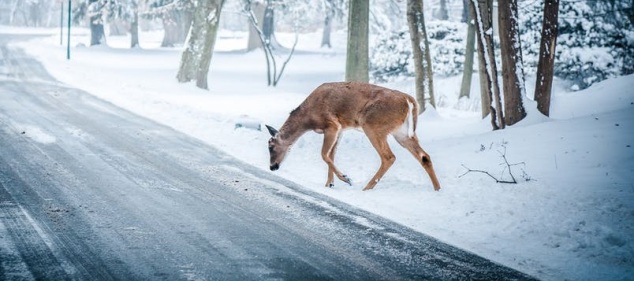 Soaring deer populations and weather conditions during travel this season can be a dangerous combination for motorists — especially uninsured ones. Animals, particularly deer, are a factor in many traffic accidents. Although most deer and other animal-related accidents do not involve human fatalities, they do contribute to insurance claims and auto damages each year.
Soaring deer populations and weather conditions during travel this season can be a dangerous combination for motorists — especially uninsured ones. Animals, particularly deer, are a factor in many traffic accidents. Although most deer and other animal-related accidents do not involve human fatalities, they do contribute to insurance claims and auto damages each year.

